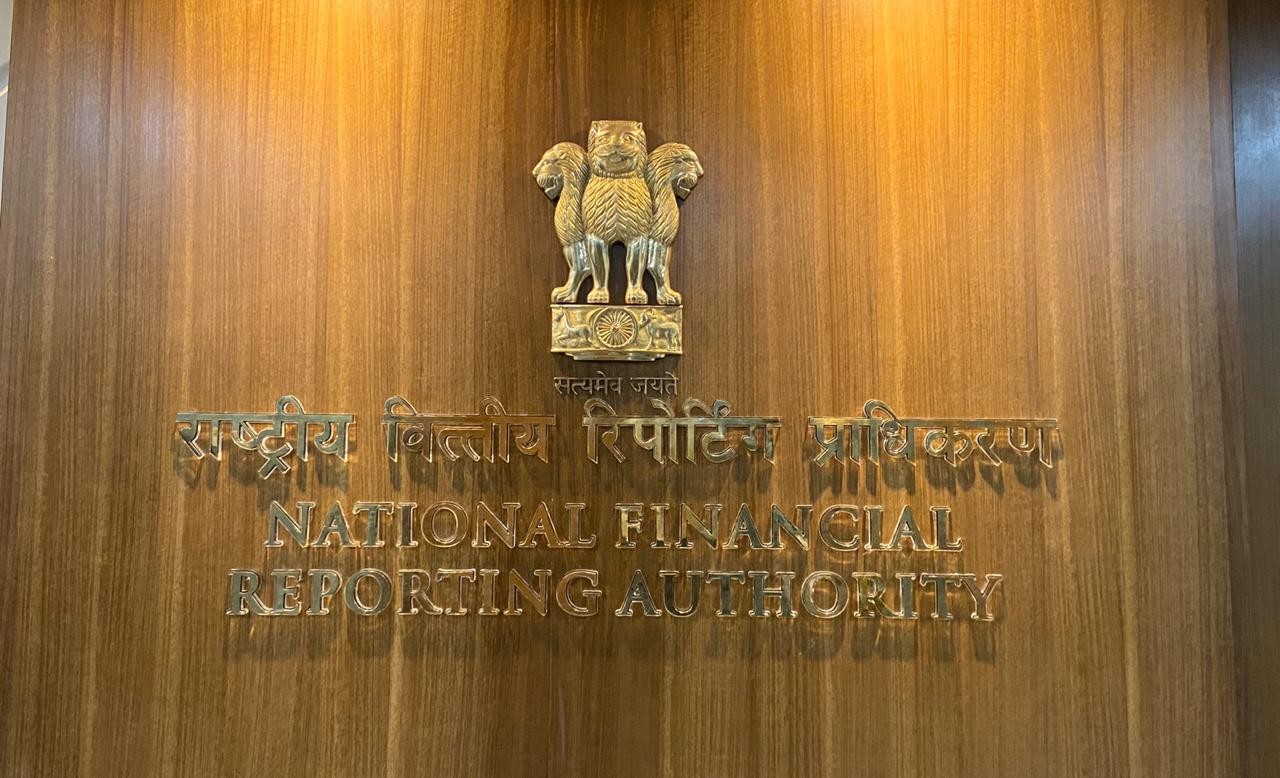The Ministry of Corporate Affairs (MCA) has vide Notification dated January,22, 2021 enforced the 11 provisions of the Companies (Amendment) Act, 2020. The provisions which have been enforced are Sections 2, 11, 25, 27, 53, 55, 58, 59, 60, 62, 64, 65, Clause (c) of section 18 and Clause (ii) of section 22 of Companies (Amendment) Act, 2020.
For ready reference of our readers the amendments enforced from January,22, 2021 are briefed as under:
- Amendment in Section 2(52) of the Companies Act, 2013
Amendment has been made in Section 2(52), which prescribes definition of ‘listed company’. By the amendment the Central Government has been empowered to exclude certain companies, based on listing of certain securities on recognized stock exchanges, as may be provided by rules, in consultation with SEBI from the definition of listed companies. Accordingly the companies which list only debt securities (NCDs) may be excluded from the definition of listed company for the purposes of the Companies Act.
2. Amendment in Section 62 of the Companies Act, 2013 on ‘Further issue of share capital
Section 11 of Companies (Amendment) Act, 2020 had sought to amend Section 62 of the Companies Act, 2013 in respect of the further issue of share capital. The amendment is that Central Government has been empowered to prescribe days lesser than 15, for deeming decline of offer of rights issue, but it is pertinent to mention here that this will reduce the timelines for applying for rights issues.
3. Amendment in Section 89 of the Companies Act, 2013
Section 18 of Companies (Amendment) Act, 2020 had sought to amend Section 89 of the Companies Act, 2013 wherein a new sub-section (11) has been inserted to enable the Central Government to notify a class or classes of persons who shall, unconditionally or subject to such conditions as may be specified, be exempted from complying with section 89 except sub-section (10).
4. Amendment in Section 117 of the Companies Act, 2013
Clause (ii) of section 22 of Companies (Amendment) Act, 2020 had sought to amend Section 117 of the Companies Act, 2013 whereby the Central Government is empowered to exempt any class of NBFCs and any class of HFCs from filing of resolutions passed to grant loans or give guarantees or to provide security in respect of loans in the ordinary course of their business. It is pertinent to mention here that earlier, only Banking Companies were exempted.
5. Insertion of new Section 129A of the Companies Act, 2013
Section 25 of Companies (Amendment) Act, 2020 has inserted new section 129A to empower the Central Government to provide by rules such class or classes of unlisted companies to prepare periodical financial results of the company, audit or limited review thereof and their filing with Registrar within 30 days from the end of that period as specified in the rules.
6. Amendment in Section 135 of the Companies Act, 2013
Section 27 of Companies (Amendment) Act, 2020 had sought to amend Section 135 of the Companies Act, 2013 wherein now, the Companies, which spend an amount in excess of the requirement of 2%, will be allowed to set off such excess amount out of their obligation in the succeeding financial years after complying with the prescribed rules.
Further a new sub-section (9) has been inserted to provide that the requirement of constitution of CSR Committee shall not be applicable, in case the amount required to be spent on CSR does not exceed Rs. 50 lakhs and in such cases the functions of CSR Committee may be discharged by the Board of directors.
7. Amendment in Section 379 of the Companies Act, 2013
Section 53 of Companies (Amendment) Act, 2020 had sought to amend Section 379 of the Companies Act, 2013 wherein the proviso to sub-section (1), which empowers the Central Government to exempt any class of foreign companies from any of the provisions of sections 380 to 386, 392 and 393 by Order published in Official Gazette has been omitted since a new provision has been inserted by way of Section 393A of the Companies Act, to provide the Central Government with power related to granting exemption to foreign companies.
8. Insertion of new Section 393A of the Companies Act, 2013
Section 55 of Companies (Amendment) Act, 2020 had sought to insert a new section 393A to the Companies Act, 2013 to empower the Central Government to exempt any class of foreign companies or companies incorporated or to be incorporated outside India, from any of the provisions of Chapter XXII of the Act by notification to be laid before both Houses of Parliament.
The omission of proviso to Section 379(1) of the Companies Act, 2013 is due to insertion of above new Section 393A.
9. Amendment to Section 410 and 435 of the Companies Act, 2013 and insertion of new Section 418A
Section 58 to section 60 of Companies (Amendment) Act, 2020 has sought to amend Section 410 and 435 of the Companies Act and insertion of new Section 418A in said Act.
The effect of amendment is that the restriction on the appointment of the number of judicial and technical members in the Appellate Tribunal by the Central Government are prescribed , has now been removed.
Further a new section 418A is to provide for the constitution of additional Benches of NCLAT and related provisions. It also provides that the offence under section 452 i.e. punishment for wrongful withholding of property, will be excluded from the applicability of section 435 i.e. the Special Court.
10. Substitution of Section 446B of the Companies Act, 2013
Section 62 of Companies (Amendment) Act, 2020 seeks to substitute Section 446B to provide for payment of lessor monetary penalty by a start-up company, Producer Company, One Person Company or small company on failure to comply with provisions of the Act which attract monetary penalties. This is a welcome move.
11. Amendment in Section 452 and 454 of the Companies Act,2013
Section 64 and section 65 of Companies (Amendment) Act, 2020 had sought to amend Section 452 and 454 of the Companies Act, 2013.
Under Section 452 a proviso in sub-section (2) has been inserted to provide that the imprisonment of officer or employee of the company for wrongful withholding of property shall not be ordered by the Court if the court is satisfied that such officer or employee has not received certain statutory dues from the company.
Further a new proviso in sub-section (3) of Section 454 of the Companies Act has been inserted to provide that no monetary penalty shall be imposed by the adjudicating officer, when the default relates to non-compliance of section 92(4), Annual Return or section 137(1) or (2) Filing of Financial Statements has been rectified either prior to, or within 30 days of, the issue of the notice by the adjudicating officer, respectively.
READ / DOWNLOAD NOTIFICATION:
***
Subscribe our portal and get FREE Tax e-books , quality articles and updates on your e-mail.
Resolve your GST queries from national level experts on GST free of cost.
TW Editorial Team comprises of team of experienced Chartered Accountants and Advocates devoted to spread the knowledge of GST amongst the various stakeholders.




